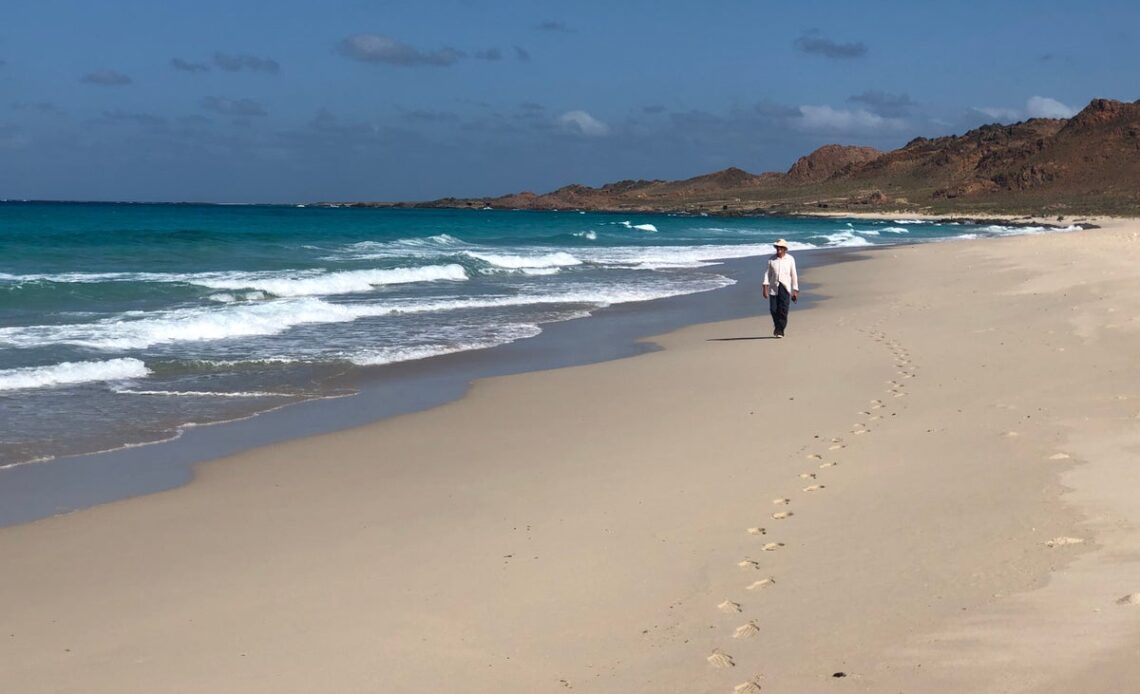Simon Calder, also known as The Man Who Pays His Way, has been writing about travel for The Independent since 1994. In his weekly opinion column, he explores a key travel issue – and what it means for you.
“Peak guidebook”, I reckon, was in the year 2000. Travel had been expanding fast globally during the 1990s. From the UK to Europe, a surge was under way: Britain was the birthplace of budget aviation, while the Channel Tunnel added extra capacity to France.
While open skies, seas and tunnel unlocked the continent for millions of British travellers, long-haul air fares seemed in permanent decline: the cheapest London-Sydney ticket at the start of the 21st century was £352 return on Alitalia via Rome (a route, and an airline, that no longer exists).
Those travellers needed inspiration and information. The Independent provided concise two-day guides to cities in the 48 Hours series, in competition with other newspapers and journals such as Wanderlust magazine and Conde Nast Traveller. Terrestrial television was extremely popular: BBC One’s Holiday and ITV’s Wish You Here …? were fighting on the beaches for vacation viewership. But all other sources of travel know-how paled in comparison with the mighty guidebook: created for and by the independent, budget-minded traveller.
The genre began in the early 1970s. The Hitchhiker’s Guide to Europe was swiftly followed by Across Asia on the Cheap – published by Tony and Maureen Wheeler at their new Australian home in 1973 after making the epic journey on little more than hopes and dreams.
Their handbook for the hippie highway may have contained some questionable advice on marijuana in Afghanistan (“if you are discreet with smaller amounts you are probably OK … small busts can be bribed out of”). Yet the rudimentary guide triggered a low-budget, high-reward travel revolution.
Lonely Planet, as the Wheelers’ kitchen-table enterprise became, empowered backpackers with advice on hang-outs in hubs such as Istanbul, Kabul and Kathmandu, and all roads and borders in between.
For the first time travellers could invest in paperback infrastructure for their adventures. And goodness, they did. In 1982, Rough Guides joined the party: founder Mark Ellingham, whose first book was dedicated to “a nuclear-free Greece”, summed up the purpose succinctly as helping travellers “make the…
Click Here to Read the Full Original Article at The Independent Travel…
